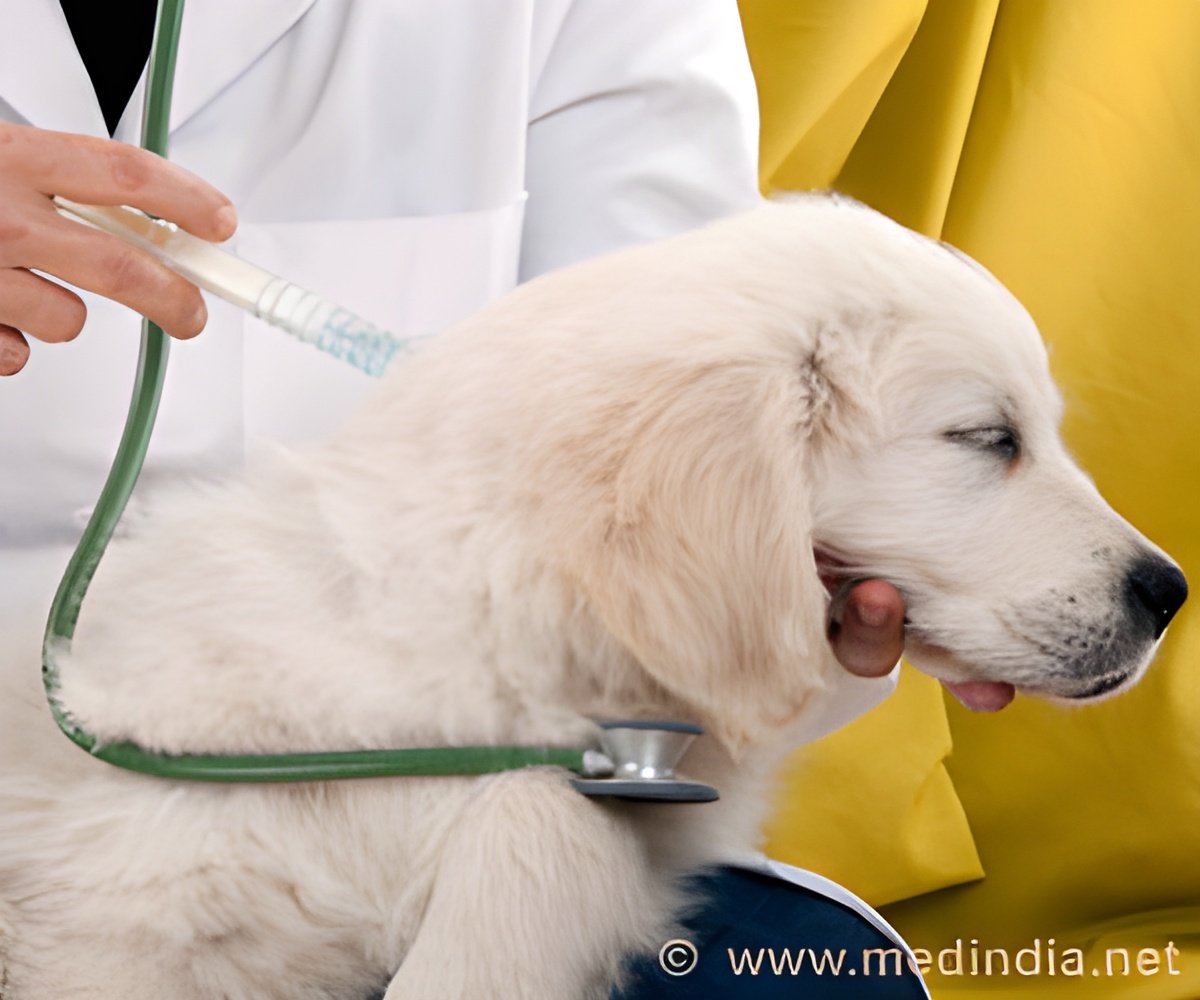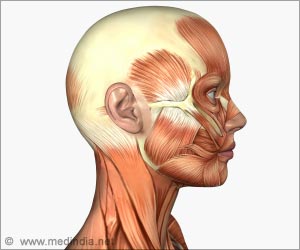Researchers at the Royal Veterinary College have bred beagles to have the muscle-wasting disease, which affects around 2,500 boys in the UK.

TOP INSIGHT
The Royal Veterinary College has bred a colony of beagles suffering from muscular dystrophy in order to develop drugs to stop the spread of the destructive disease in humans.
“We could use rats and mice, but beagles are far closer to humans in size and physiology, and their responses to treatments will give us far greater insights into patients’ likely clinical responses to drugs we develop,” Richard Piercy said.
Researchers hope that the beagles could offer ‘key insight’ into how developed treatments would affect humans, and whether drugs could halt the disease’s progress. But animal rights activists are raising questions about the necessity of performing the research on dogs.
The Royal Veterinary College’s beagle project began a few years ago when a family of dystrophic dogs, which had been bred from a cavalier king charles spaniel and a bichon frise, was discovered by vets. Dogs from this family were bred with beagles to produce the college colony.
As a result these dogs sometimes have fluffier coats than normal. In the past, the use of beagles in experiments – including research concerned with tobacco – has caused considerable controversy and triggered accusations of animal cruelty. However, the college’s scientists emphasize that their dogs are treated with care and compassion.
Source-Medindia
 MEDINDIA
MEDINDIA




 Email
Email








